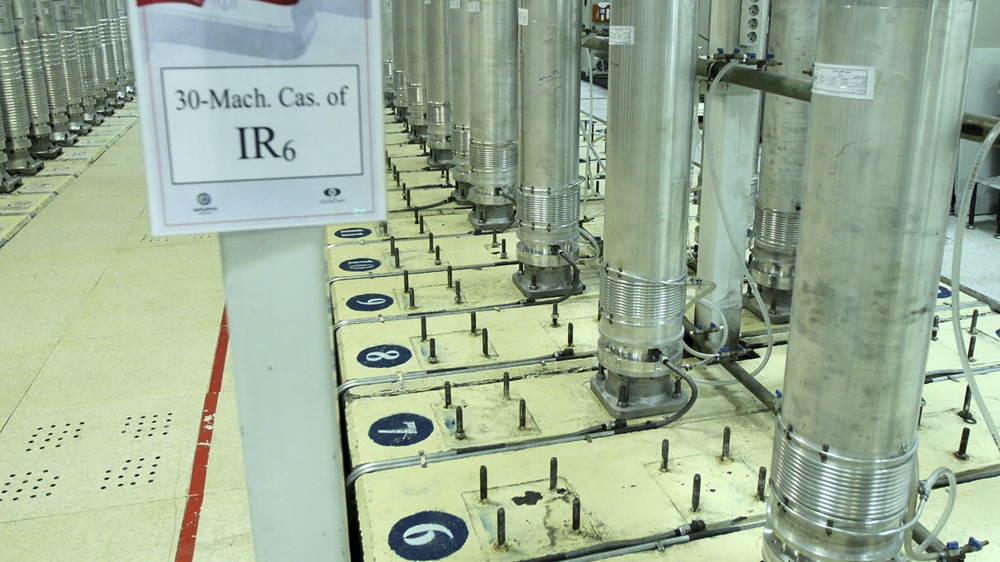
A screenshot of Iranian Foreign Minister Mohammad Javad Zarif's twitter on March 5 shows he will soon present a "constructive concrete" plan of action. /@JZarif
A screenshot of Iranian Foreign Minister Mohammad Javad Zarif's twitter on March 5 shows he will soon present a "constructive concrete" plan of action. /@JZarif
Iran will soon present a "constructive" plan of action, Foreign Minister Mohammad Javad Zarif said on Friday, after European sources said Tehran had given positive signs on starting informal talks over its nuclear program with major powers including the U.S.
"As Iran's FM & chief nuclear negotiator, I will shortly present our constructive concrete plan of action – through proper diplomatic channels," Zarif said on Twitter.
A French diplomatic source and another European source said on Thursday that Iran had given encouraging signs in recent days about opening up channels for informal talks after European powers scrapped plans to criticize Tehran at a meeting held by the board of the International Atomic Energy Agency (IAEA), the UN nuclear watchdog.
Iran has so far refused to take part in a meeting brokered by the European Union between world powers and the United States on reviving its 2015 nuclear deal.

A photo, released November 5, 2019 by the Atomic Energy Organization of Iran, shows centrifuge machines in the Natanz uranium enrichment facility in central Iran. /AP
A photo, released November 5, 2019 by the Atomic Energy Organization of Iran, shows centrifuge machines in the Natanz uranium enrichment facility in central Iran. /AP
Iran's nuclear policy is decided by the country's top authority, supreme leader Ayatollah Ali Khamenei, and not the president or the government.
Tehran and Washington have emerged from former U.S. President Donald Trump's attempts to wreck Iran's nuclear deal locked in a standoff over who should move first to save it. Trump pulled out of the deal in 2018, imposing the toughest sanctions yet on the republic.
Britain, France and Germany decided to pause the submission of a resolution critical of Iran at the International Atomic Energy Agency on Thursday so as not to harm the prospects for diplomacy after what they said were concessions gained from Iran.
On February 23, Tehran stopped implementing the so-called Additional Protocol, which had enabled the IAEA to carry out snap inspections at undeclared locations.
(With input from Reuters)

